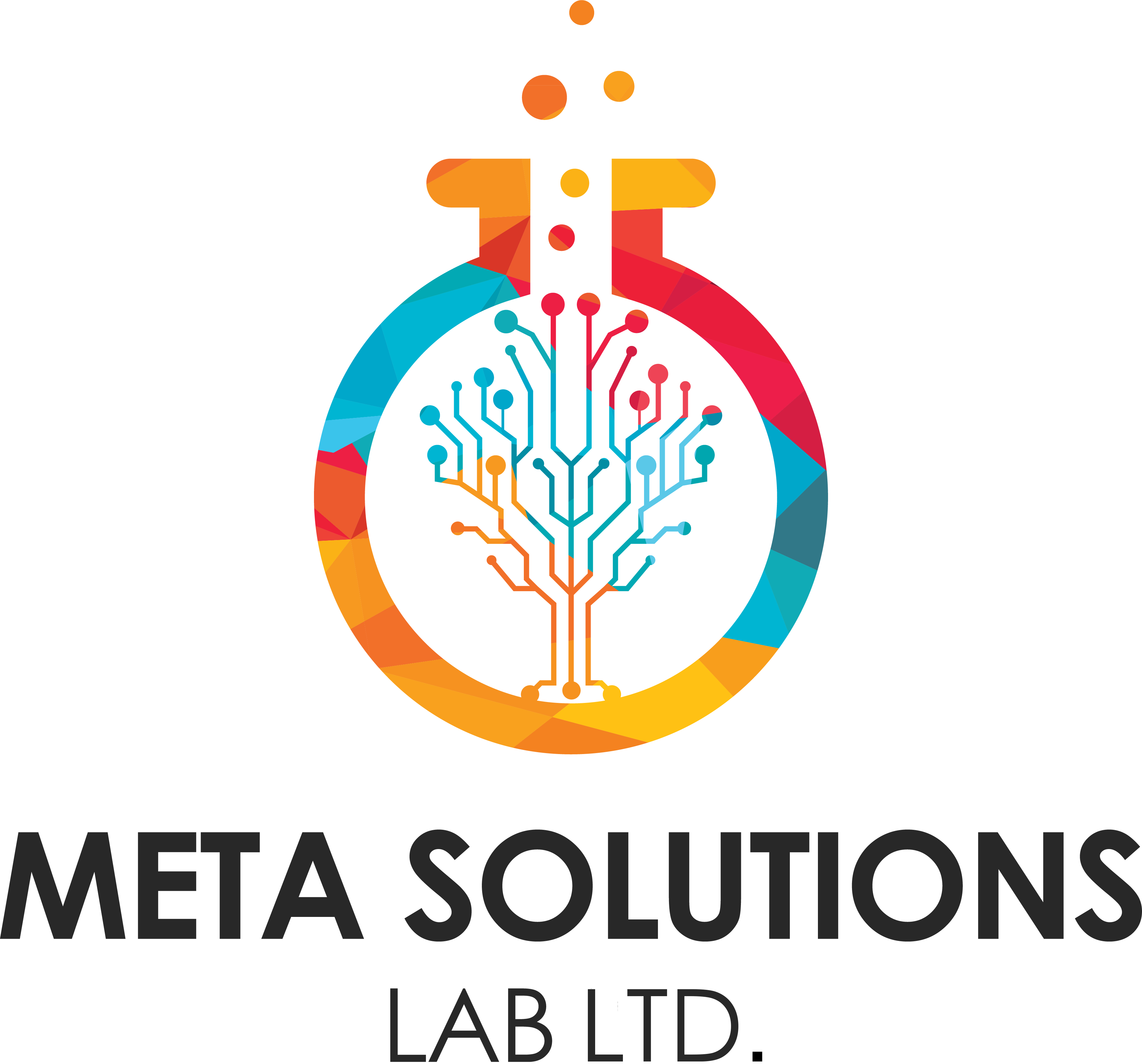Terms & Conditions
Welcome to MetaSolutionsLab Ltd! By engaging our services, you agree to the following terms and conditions. Please read them carefully.
1. Scope of Services
- We provide IT consulting services as outlined in our agreement with you. Any additional services requested will require a separate agreement.
2. Fees and Payment
Clear Fee Structure: The agreement should outline all fees for services provided, including hourly rates, project-based fees, or retainer fees. Transparency is key to avoid disputes.
Payment Terms: Payment is generally due within 15 days of invoice issuance. Some contracts may specify shorter terms (e.g., 5 days) or longer terms (e.g., 60 days), depending on the client’s payment policies.
Late Payment Penalties: It’s common to include a clause for late payments, with interest rates ranging from 1% to 5% per month on overdue amounts. This incentivizes timely payments.
Advance Payments: Many contracts require an upfront payment or deposit, typically 20% to 50% of the total project cost, to secure the consultant’s services.
Payment Methods: Accepted payment methods (e.g., bank transfer, credit card, PayPal) should be specified to streamline transactions.
Dispute Resolution: In case of payment disputes, the clause may outline procedures for resolving issues, such as mediation or arbitration.
3. Confidentiality
- We respect your privacy and will keep all information shared with us confidential. Both parties agree not to disclose any confidential information without prior written consent.
4. Intellectual Property
- Any intellectual property created during the course of our services will remain the property of MetaSolutionsLab Ltd, unless otherwise agreed.
Ownership of Work Product: Typically, the intellectual property created during the course of the services (e.g., software, designs, marketing materials) is owned by the client. However, the consultant or agency may retain ownership of pre-existing intellectual property or proprietary tools used in delivering the services.
Licensing: If the consultant retains ownership of certain intellectual property, they may grant the client a license to use it. This license can be perpetual, non-exclusive, royalty-free, or subject to specific terms, depending on the agreement.
Confidentiality: Intellectual property clauses often include provisions to protect trade secrets, proprietary methods, and other confidential information shared during the engagement.
Assignment of Rights: In some cases, the consultant may assign all rights to the intellectual property created during the project to the client. This ensures the client has full control and ownership.
Third-Party IP: The clause may address the use of third-party intellectual property, ensuring proper licensing and compliance with copyright laws.
Indemnification: Consultants may include indemnification clauses to protect themselves from liability if the client uses the intellectual property in a way that infringes on third-party rights.
Moral Rights: Some agreements include provisions for waiving moral rights, allowing the client to modify or adapt the intellectual property without requiring the creator’s approval.
5. Liability
Accidents: We are not liable for any indirect, incidental, or consequential damages arising from our services.
Limited Responsibility: Our total liability is limited to the fees paid for the services provided.
Responsibility for Equipment: The client is responsible for ensuring proper use and care of any equipment provided by the consultant or agency during the course of the services. Any misuse, negligence, or intentional damage caused by the client or their representatives will result in liability for repair or replacement costs.
Damage Assessment: In the event of equipment damage, the consultant or agency will assess the extent of the damage and provide a detailed report, including repair or replacement costs. The client will be required to cover these costs within a specified timeframe.
Exclusions: Damage caused by unforeseen circumstances, such as natural disasters or force majeure events, may be excluded from the client’s liability unless otherwise stated in the agreement.
Insurance Coverage: The agreement may specify whether the consultant or agency’s equipment is insured and outline the client’s obligations in cases where insurance does not cover the damage.
Indemnification: The client agrees to indemnify the consultant or agency for any losses incurred due to equipment damage, ensuring the consultant or agency is not financially burdened by the incident.
6. Termination
Termination for Cause:
Either party can terminate the agreement if the other party materially breaches the contract.
A cure period (e.g., 30–60 days) is often provided, allowing the breaching party to rectify the issue before termination.
Termination for Convenience:
Allows either party to terminate the agreement without needing to provide a specific reason.
A notice period (e.g., 30–90 days) is usually required, and sometimes compensation or an early termination fee is included.
Mutual Termination:
Both parties can agree to terminate the contract amicably, often involving negotiations to settle any outstanding obligations.
Force Majeure:
Contracts often include a force majeure clause, allowing termination if unforeseen events (e.g., natural disasters, government actions) make it impossible to fulfill the agreement.
Clear Procedures:
The termination clause should specify how notice must be delivered (e.g., in writing, via email) and any obligations that remain after termination, such as confidentiality or payment for services rendered.
7. Force Majeure
- We are not responsible for delays or failures caused by events beyond our control, such as natural disasters, strikes, or government actions.
8. Governing Law
- These terms are governed by the laws of United-Kingdom. Any disputes will be resolved in the courts of United-Kingdom.
9. Amendments
- We reserve the right to update these terms and conditions at any time. Changes will be communicated to you in writing.

